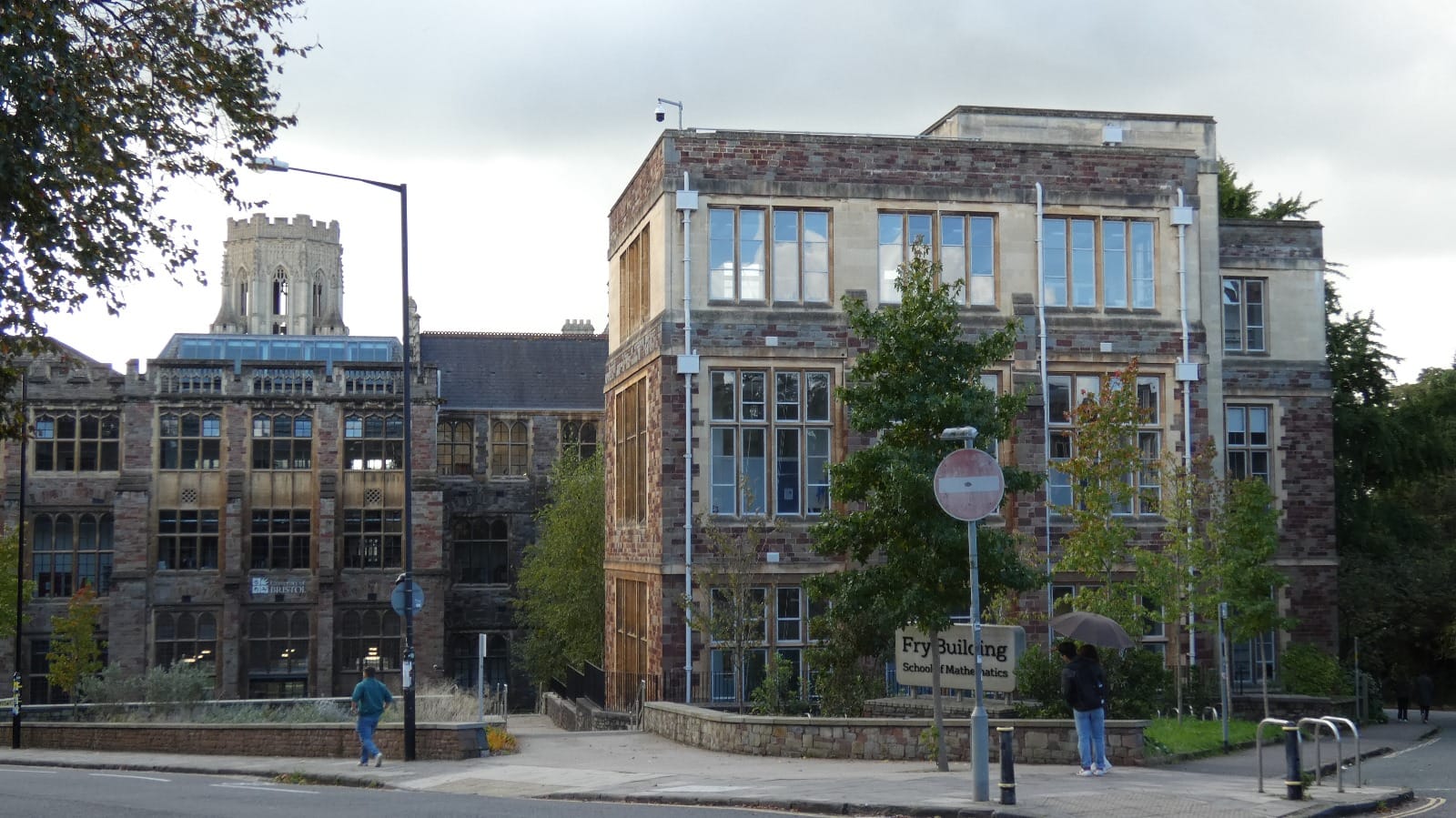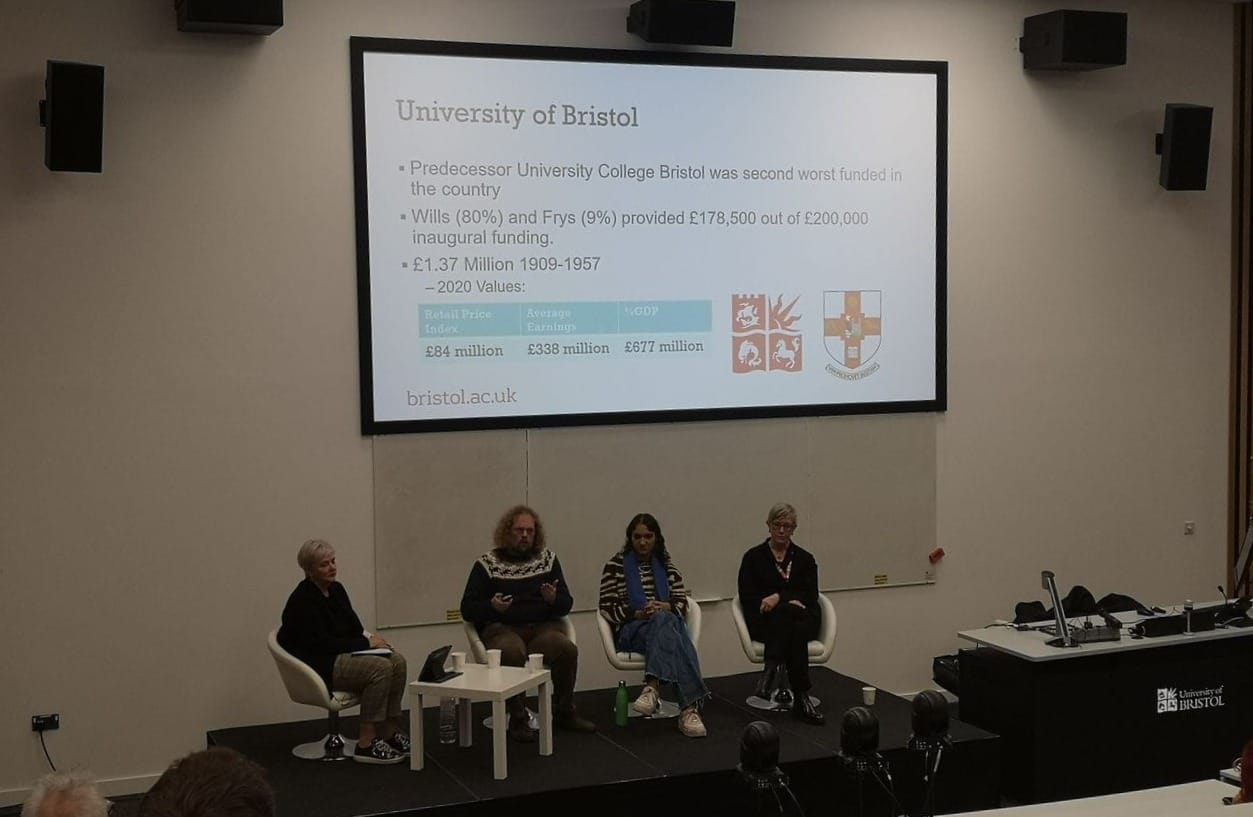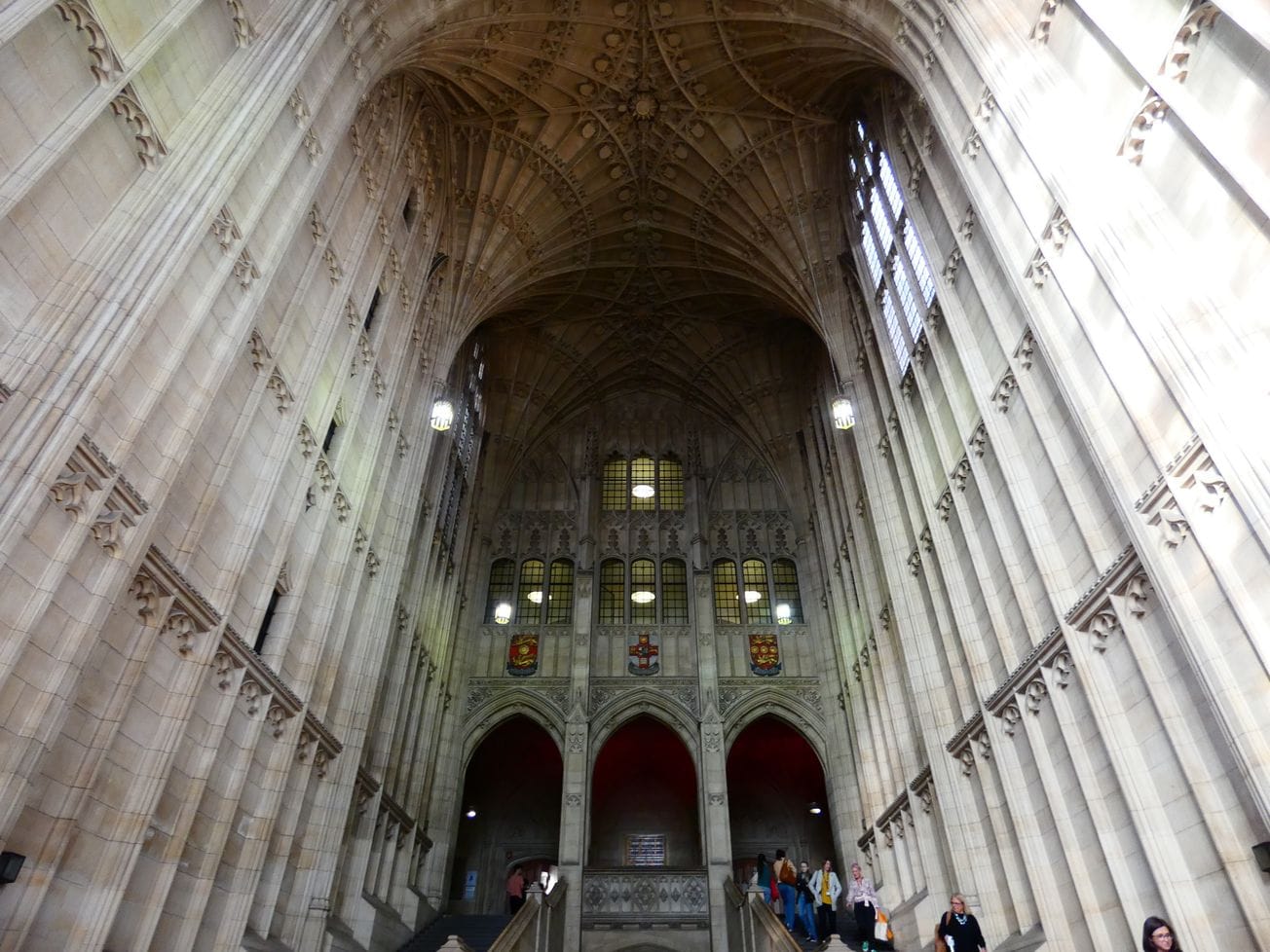By Roya Shahidi, Co-Editor-in-Chief
The University of Bristol has pledged £10 million over the next decade to address racial inequalities in a new programme called Reparative Futures.
Its aim is to address racial injustice and inequalities both within the University itself and in the local communities it works with.
This update follows a public consultation over the past 12 months with students, staff and local communities. This was centred on renaming seven buildings with names linked to families and figures connected to the transatlantic slave trade or associated products.

The following steps will be implemented:
1) Retain all current names of buildings, including Wills and Fry, and work with staff, students and the local community to ensure their full stories and historic connections to the University are made visible. The University will work with staff, students, and local communities to ensure the full stories of the institution’s origins, both positive and negative, are made more visible.
2) Remove Edward Colston’s dolphin emblem from the university logo. The removal of the emblem will be phased out over time, starting with a digital-first approach. Speaking to Epigram, VC Evelyn Welch said that, at this phase in the consultation, there will not be a ‘whole brand refresh’. She emphasised how this process 'will take time'. She added that ‘depending on the consultation outcome’, the dolphin will be replaced with the open book already on the crest.

Reparative Futures will also build on ongoing initiatives such as the Black Scholarships Scheme.
Partners and experts from ethnically diverse communities will be appointed to support the University’s Reparative Futures programme.
Epigram asked Evelyn how she would ensure that the burden of responsibility does not fall on these experts. She responded: ‘We all take responsibility for creating a more inclusive University of Bristol and a more inclusive city of Bristol. It's not just the responsibility of young people of colour to do so.
‘We turn to a wide range of experts who are paid for their expertise, but we don’t rely on a small number. So, we might bring in specialists in healthcare to look at particular issues, we might bring in specialists in schools and Widening Participation for others.’
‘So we will have an Advisory Board, but we’re calling this kind of pool of expertise accountability partners. […] they will be renumerated for their time and they will hold us to account and we will hold ourselves to account for delivering the project.’

Evelyn expanded on the decision to keep the names of the buildings, citing face-to-face conversations she had with local community hubs such as the Rose Green Centre.
She said she walked out with the 'incredibly clear message': 'The names are far less important to us than what you are doing in the here and now.
'To address racism, not just within the university, although that's really important, but also within the wider community [...] that's where we want the University to put its time, energy and its money.'
Regarding how the University will approach potential backlash to Reparative Futures, Evelyn said:
‘What I would ask the people with different views is to listen to other views. And to be open to thinking through how they can participate in the Reparative Futures programme.’
‘We won’t stop arguing over our past […] people will find new evidence, they will make new arguments but this bit of the consultation, which has taken almost six years […] is over.’
‘It doesn't mean that the debate is finished. The conversation will continue, but the focus will be how did our past impact on where we are today and how can we create a better, more inclusive future.’
Epigram also asked how students can voice their opinions about the scheme. Evelyn recommended that they contact the programme through the email address reparative-futures@bristol.ac.uk:
‘That’s exactly what we’re looking for. Both feedback, so people don’t feel like they can’t express their views – we want people to express their views. And also, as we go forward, how you can get involved.’
In an open letter, Evelyn explained the decisions in more detail: ‘I would like to thank everyone who took the time to respond to our survey both online and at in-person sessions, including several powerful and impactful events that were led by local Bristol communities of African and Caribbean descent.
'Throughout, I heard many distressing stories from those who had experienced racism and racist behaviours while engaging with, working at, or studying at the University of Bristol. What began as a consultation on our history and building renaming became a powerful platform to expose deep hurt and frustration with our slow progress and commitment to racial equity.
‘I am deeply sorry for these damaging and hurtful experiences which continue to the present day, and I apologise to everyone impacted by those injustices. We aspire to be an inclusive institution and we must do better.
‘I know that some of these decisions will not please everybody – but we have listened carefully. We must tell our history in an honest, open and transparent way, while at the same time putting our full weight behind substantive action to address the broader issues of systemic racism and inequality here in Bristol and beyond.’
Featured image: Wills Memorial Building / Dan Hutton
What do you think about the Reparative Futures scheme?









